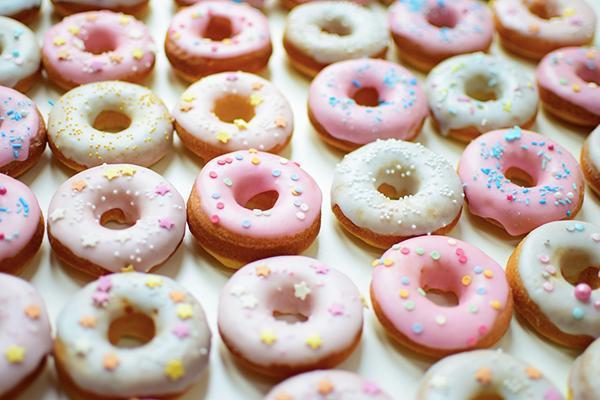What do your eating habits say about your mental health?
What do your eating habits say about your mental health?
Food is a fundamental part of life. For that reason, food can definitely tell us something about who we are. You know, we are what we eat and all that.
The fact is that our dietary habits can potentially tell us something about ADHD. At least in my case, many of my ADHD symptoms have correlates that show up in how I behave with food.
The reason for that is because food is a reward. And people with ADHD process rewards in another way. Specifically, we tend to be always looking for rewards, and we often opt for immediate rewards rather than exercising restraint to go for long-term goals.
For me, the most obvious way this tendency is demonstrated is by consuming more unhealthy food than I want. Since I tend to see food with its ability to offer a reward, I’m naturally inclined to consume whatever food provides the biggest sense of immediate reward. Inevitably, that’s sugary, fatty, high-calorie food – the food my brain loves in the short-term but that I know my body doesn’t need that much of in the long-term.
Another consequence of pursuing food for its value as a reward is that you may find yourself eating for the sake of that reward rather than because you’re actually hungry. Snacking just because of boredom is a behaviour that falls into this category.
These dietary habits have more typically ADHD symptoms that they correspond to. Eating too much unhealthy food is connected to the tendency to pursue immediate rewards and the corresponding deficits in self-control that many ADHDers are familiar with. Eating without being hungry is a good instance of how this tendency to look for the most rewarding thing immediately available can lead us to do things that don’t fit with our longer-term goals or don’t even have any real purpose.
Now, I’ve been around the ADHD block, so I do have some techniques to cope with these behaviors. Maybe the most effective one is to change things at the point of supply. If you don’t buy unhealthy food in the first place, it’s a lot harder to impulsively eat unhealthy food!
So I now have iron-clad rules about particular foods I just don’t buy. Chocolate is an example of a food that I’ll eat with pleasure if given as a present, but that I never let fall into my basket at the grocery store!
The reason I find the topic of food and ADHD fascinating is not just because food is interesting to think about in and of itself. Rather, since eating is a kind of reward-focused behaviour that we all experience, how you approach food can potentially tell you something about how you approach rewards.
For that reason, it can be worth reflecting on what your dietary habits might reveal about your symptoms of ADHD. And if you feel like it, share any observations you’ve made about ADHD and eating behaviour in the comments below!
Be the first to post a message!
